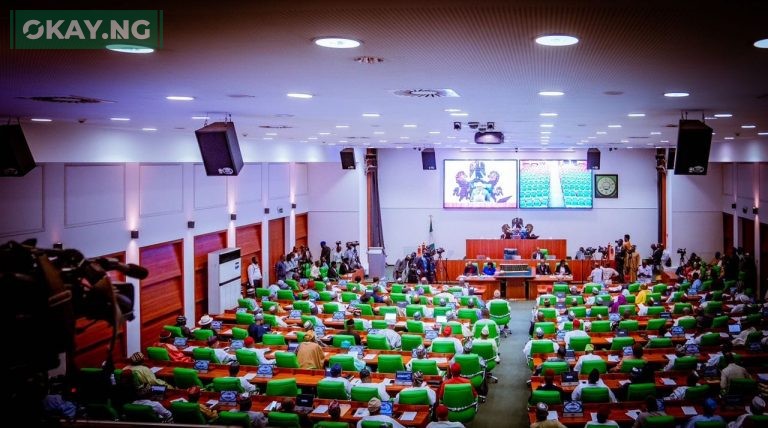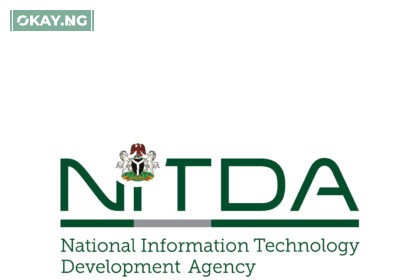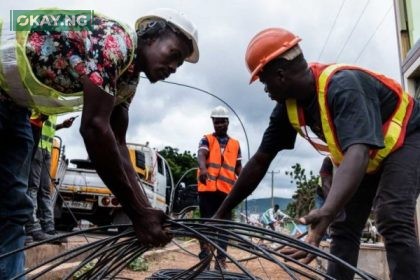A contentious political debate has reignited within Nigeria’s legislative chambers as the House of Representatives passed for a second reading a bill proposing the formal recognition of 37 Local Development Area Councils (LCDAs) in Lagos State as full-fledged Local Government Areas (LGAs). This move, if successful, would significantly alter the landscape of local governance, increasing the number of LGAs in Lagos from 20 to 57, and the national total from 774 to 811.
The bill, sponsored by Abiodun Faleke and 21 other lawmakers, seeks to amend the Nigerian Constitution to accommodate these LCDAs, a move that harkens back to the era of President Bola Tinubu’s governorship (1999-2007). “This bill seeks to alter the Constitution to allow for the accommodation of the 37 Development Area Councils of Lagos State to operate as full-fledged Local Government Areas,” states the official text, highlighting the ambition to solidify these administrative units within the nation’s legal framework.
The creation of these LCDAs during Tinubu’s tenure triggered a notable confrontation with then-President Olusegun Obasanjo, culminating in the seizure of Lagos State’s federal allocations. This historical backdrop adds a layer of complexity to the current legislative push, raising questions about the balance of power between federal and state governments.
“As a citizen, I understand the desire for development closer to the people. We all do,” says one resident of a Lagos LCDA, “But we also need to consider the economic implications.”
The proposed constitutional amendments detail the inclusion of these 37 new LGAs, outlining specific names and boundaries, effectively restructuring the administrative map of Lagos State. For example, Alimosho, currently a single LGA, would be divided into Alimosho, Agbado, Oke-Odo, Ayobo-Ipaja, Egbe-Idimu, and Mosan-Okunola. This restructuring, while potentially fostering localized development, raises concerns about the fiscal sustainability and administrative capacity of these newly established entities.
Economically, the implications are substantial. Increased administrative costs, potential duplication of services, and the redistribution of federal allocations are among the key considerations. According to a report by the Centre for Social Justice, “Any expansion of local governments must be accompanied by a robust fiscal framework to ensure efficiency and accountability.” This highlights the necessity for careful planning and resource management to avoid overburdening the state’s finances.
For many residents within these LCDAs, the prospect of formalized local government status represents a potential avenue for improved service delivery, enhanced infrastructure, and greater political representation. “We’ve long felt marginalized,” confides a community leader. “Formal recognition could bring much-needed attention to our developmental needs.”
The journey of this bill through the House of Representatives is just the beginning. It must navigate further legislative hurdles, including Senate approval and presidential assent, before becoming law. The outcome will not only reshape the administrative structure of Lagos but also reignite broader debates about federalism, resource allocation, and the delicate balance of power within Nigeria’s political landscape.
In essence, this bill is not merely a legal maneuver; it’s a reflection of the ongoing dialogue about how best to govern a nation with diverse needs and aspirations. As we watch this legislative process unfold, the implications for Lagos and Nigeria as a whole are profound.












